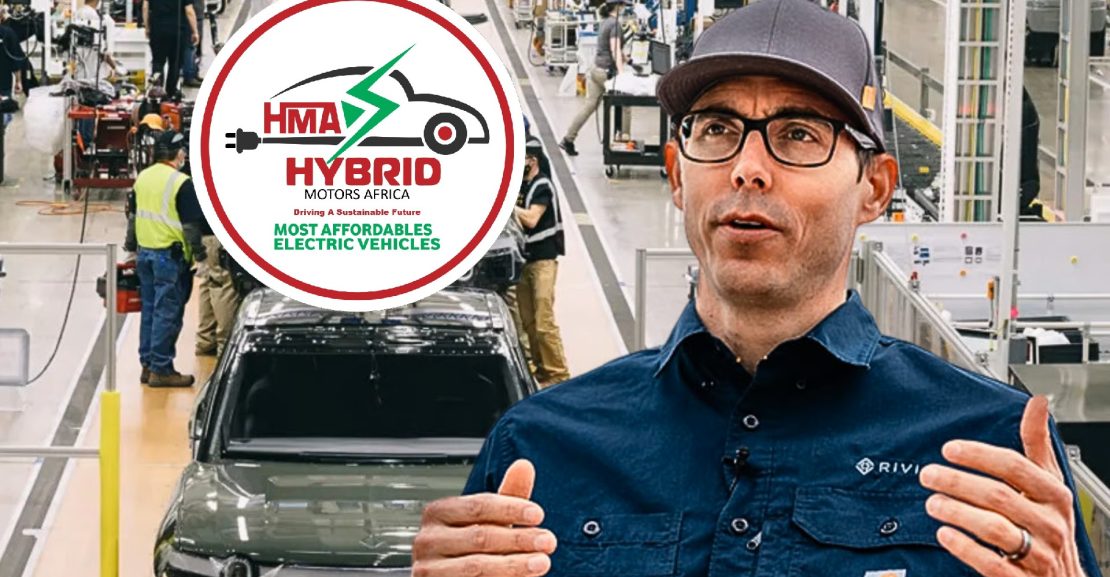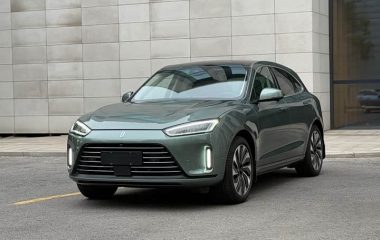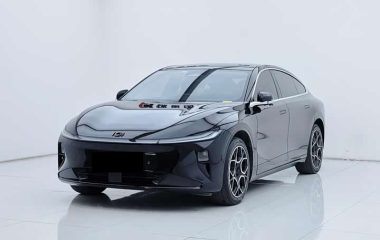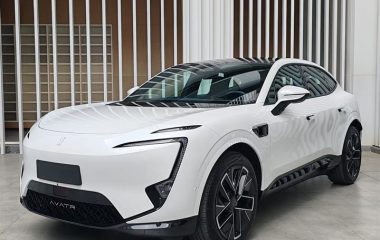Response to RJ Scaringe’s Recent Interview on Why China is Winning in Automobile Technology

As someone engaged in the automobile industry with a special interest in electric cars, plug-in hybrid electric vehicles, and the wider sustainable mobility conversation, I find myself agreeing with Rivian CEO RJ Scaringe on some of his points regarding China’s dominance in the automobile sector. However, I also find his remarks incomplete and, in some respects, misleading.
Scaringe correctly notes that China’s command over supply chains—with cost compounding effects across critical components—gives its automakers a decisive advantage. This is undeniable, considering China today possesses more manufacturing capacity than the United States, Germany, Japan, and India combined. But to reduce China’s success to this one factor is an oversimplification. There are multiple additional reasons why Chinese automobile manufacturers are outpacing their Western counterparts, many of which Scaringe avoided or ignored.
1. Talent and Engineering Power
Jamie Dimon, CEO of JP Morgan, once remarked that when China encounters a problem, they put 100,000 engineers on it and work relentlessly until it is solved. This is no exaggeration. China produces more engineers every year than the entire Western world (America and Europe combined). Meanwhile, the West has long depended on immigrant talent, which explains why so many leading U.S. corporations—Tesla, Google, Microsoft, and others—are headed by immigrants.
Yet, in recent years, rising xenophobia towards Chinese immigrants—exacerbated by the Trump administration during the 2020 emergence of COVID-19—has driven many highly skilled Chinese scientists and engineers back home. Ironically, what began as anti-Chinese sentiment in the U.S. became a blessing in disguise for China, which gained a wave of highly trained returnees fueling its industrial rise.
2. Decades of Deliberate Investment
Another overlooked factor is the long-term state investment strategy. For decades, Beijing has deliberately nurtured the automobile industry, investing heavily in infrastructure, research, and industrial clusters. Western critics, eager to justify their own decline, often dismiss this as “Chinese subsidies.” Yet they conveniently ignore the fact that Western automakers have also thrived on subsidies, bailouts, and tax incentives.
Even Tesla’s survival and growth can be traced back to the 465 million United states dollars government bailouts and incentives under President Barack Obama. The difference is that China’s state support is strategic, consistent, and long-sighted, whereas Western interventions are usually reactive and crisis-driven.
3. Political Foresight vs. Political Mediocrity
China’s leadership is dominated by technocrats and engineers, with President Xi Jinping himself reflecting this technocratic tradition. Contrast this with Western governments, which are often led by politicians skilled more in propaganda, lobbying, and electioneering than in industrial vision. This is a Phenomena which has attracted the authoring of books like Breakneck: China’s Quest to Engineer the Future- by Dan Wang
The result is clear: while Beijing sets decades-long strategies, Western capitals rely on short-term fixes and a misplaced sense of entitlement to global resources, blackmail, threats and many time use of force against weaker nations, something which has backfired on many occasions. This foresight gap explains much of China’s sustained momentum, even if Scaringe failed to acknowledge it.
4. Attractive and Creative Work Environment
China has not only repatriated its diaspora but also attracted Western engineers and designers like Wolfgang Josef Egger a German car designer who formerly served as a head designer for the European luxury car brands Alfa Romeo, Audi and Lamborghini, in addition to many others. The draw is not merely higher compensation but also greater creative freedom. In China’s still-maturing EV industry, innovation is welcomed—even if it means “breaking things before building them better.” By contrast, Western automakers operate in rigid, risk-averse corporate cultures where innovation is stifled by maturity, regulation, and bureaucracy a situation which automobile industry veterans like Sandy Monroe have complained about as leading to the lagging behind of legacy car manufacturers.
Lessons for Africa
While Scaringe’s remarks remain incomplete, they nevertheless open the door to a critical reflection for Africa. If China’s rise was not accidental but the result of deliberate policies, long-term vision, and bold industrial planning, then Africa too must chart its own course toward technological sovereignty.
Africa cannot afford to be a mere consumer in the new energy and mobility revolution. Instead, it must:
- Prioritize Sovereignty in Technology – Africa must build and control its own industrial base rather than rely on external powers. Dependency is the enemy of progress.
- Invest in Engineering and Talent – Our universities must produce engineers and scientists in volumes comparable to global competitors, with policies to retain and attract talent instead of abandoning them to poaching by the west or to scavenge for themselves.
- Deliberately Plan Industrial Policy – Governments must stop chasing donor-driven agendas and instead focus on bold, long-term investments in automobile manufacturing, battery production, and renewable energy infrastructure.
- Create a Conducive Work Environment – Encourage creativity, innovation, and risk-taking by freeing young African entrepreneurs and engineers from bureaucratic and political suffocation.
- Build Continental Infrastructure – A Pan-African transport, energy, and digital backbone (railways, highways, energy grids, data networks) must form the foundation for Africa’s Great Leap Forward.
China’s example shows us that industrial revolutions can be accelerated deliberately, not left to chance. As Kwame Nkrumah argued, Africa’s unity and resource pooling is the most essential step for its take off and competitiveness with the rest of the world. If Africa delays, it will once again be a spectator to history instead of a maker of it.
China is winning today not because of luck, but because of clarity of vision and boldness of action. Africa must learn the same lesson, or risk missing yet another industrial revolution.
Kwame Gonza
CEO, Hybrid Motors Africa





